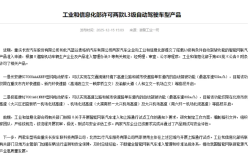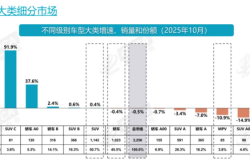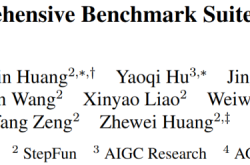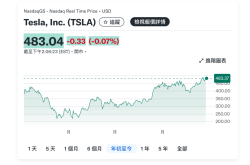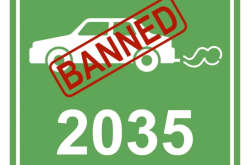Google Triumphs: Chrome Safe, Shares Soar 6% to New Record High
![]() 09/03 2025
09/03 2025
![]() 457
457
Bianniushi News
On September 3, a federal judge in the United States ruled that Google can retain its Chrome browser but is barred from entering into exclusive contracts and must share search data.
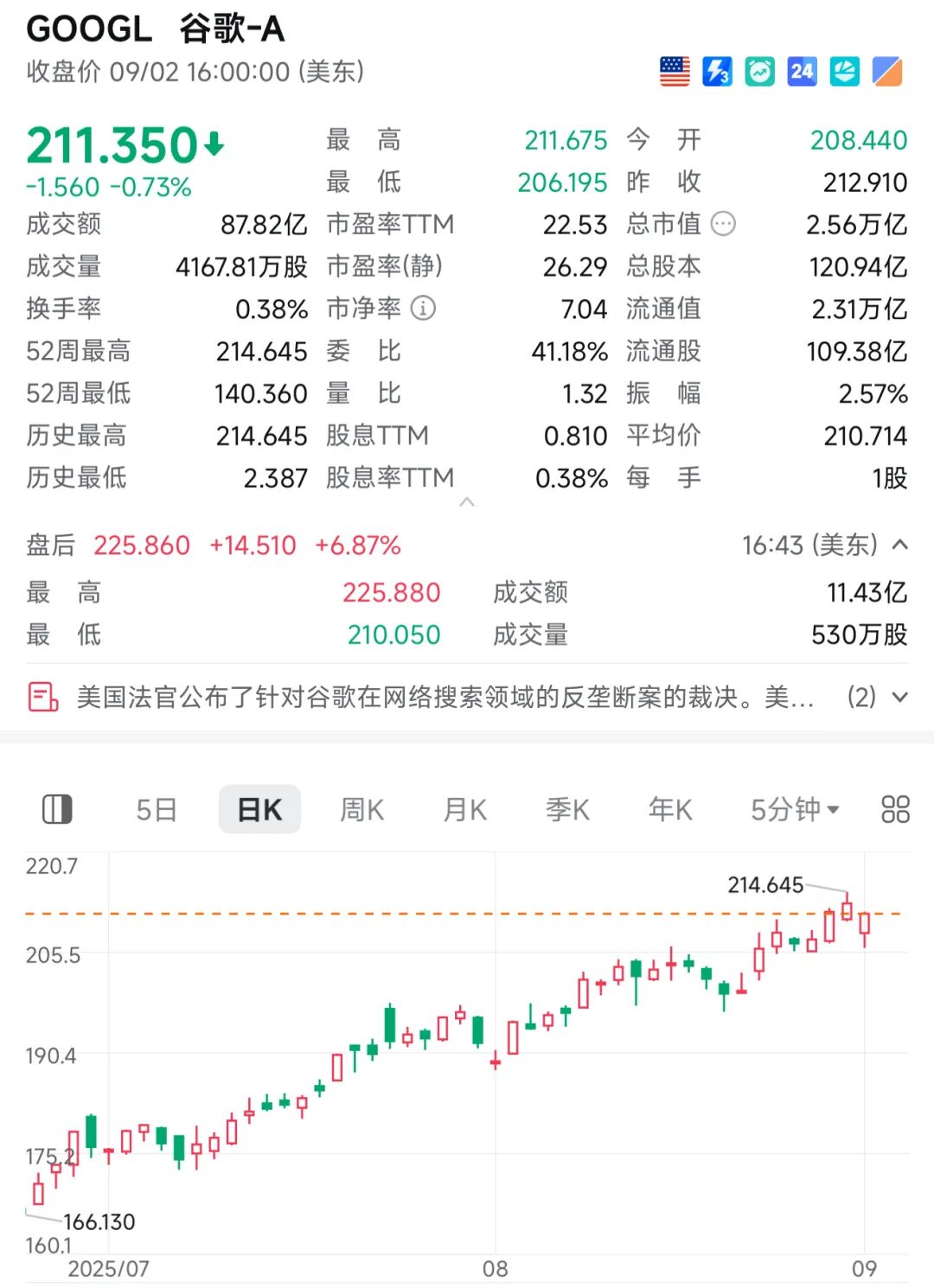
Shares of Alphabet surged over 6% in after-hours trading, reaching an all-time high. US District Judge Amit Mehta decided that Google will not face the most severe penalties proposed by the US Department of Justice, such as selling its Chrome browser, which provides data critical to its advertising business for delivering targeted ads. The ruling clarified that Google is not required to divest Chrome, nor will the court mandate a collateral divestiture of the Android operating system in the final judgment. The plaintiffs' push for a mandatory divestiture of these core assets was deemed excessive, as Google has not leveraged them to impose any unlawful constraints. The decision indicates that Google can compensate for pre-installed products but cannot engage in exclusive contracts. The US Department of Justice had urged Google to cease the practice of forced bundling, where it partners with companies to ensure its search engine remains the default on browsers and smartphones. Google pays billions of dollars annually to Apple to maintain its status as the default search engine on iPhones, a lucrative arrangement for Apple and a crucial strategy for Google to boost search traffic and user base.
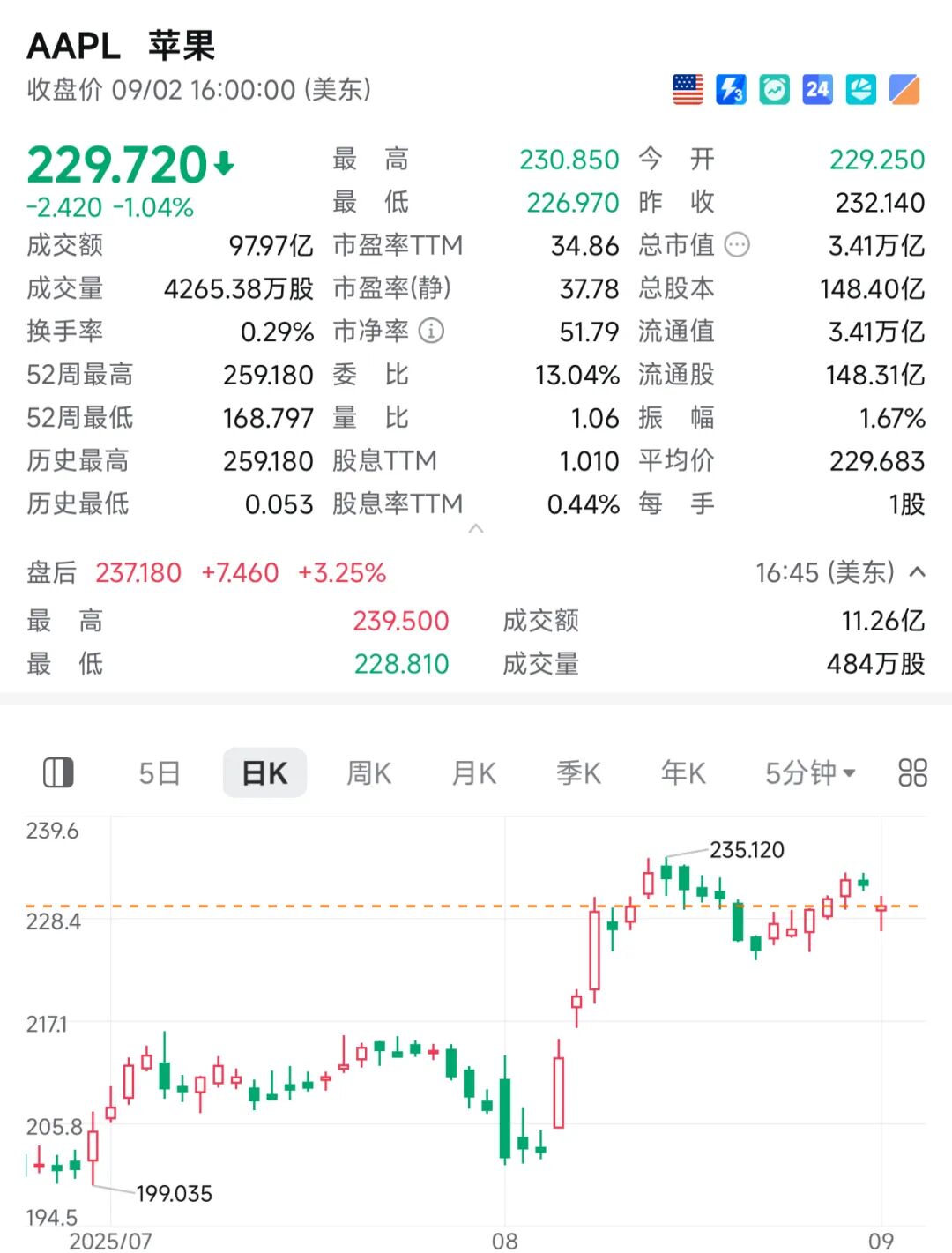
Apple shares rose 4% in after-hours trading on Tuesday. Google remains free to compensate distribution partners or offer other incentives for pre-loading or placing Google Search, Chrome, or its GenAI products. Halting Google's payments would likely cause significant, and in some cases severe, downstream harm to distribution partners, related markets, and consumers, hence a broad ban on such payments is not advisable. In a landmark case filed in 2020, the US Department of Justice accused Google of maintaining its dominance in the general search market by erecting formidable barriers to entry and perpetuating a feedback loop that reinforces its position. In August 2024, the US District Court for the District of Columbia found Google guilty of violating Section 2 of the Sherman Act, which prohibits monopolies, stating that the company held an illegal monopoly in its core internet search market. In May this year, Judge Mehta presided over a remedies trial where both parties presented proposals on penalties Google should face for the monopoly ruling. During the trial, the US Department of Justice requested the judge to compel Google to share the data it uses to generate search results, including user click data. Google announced its intention to appeal the ruling, which will postpone any potential penalties.


